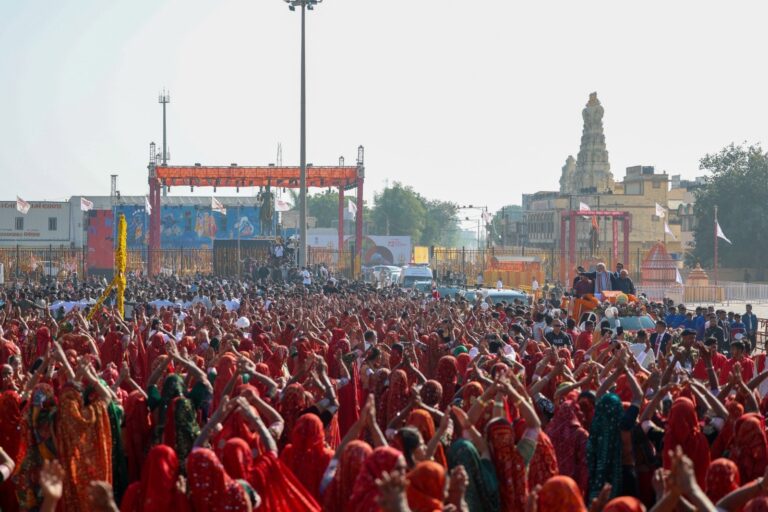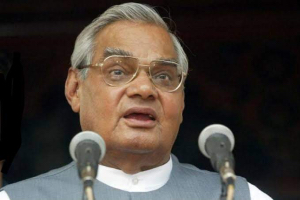
Counterpoint
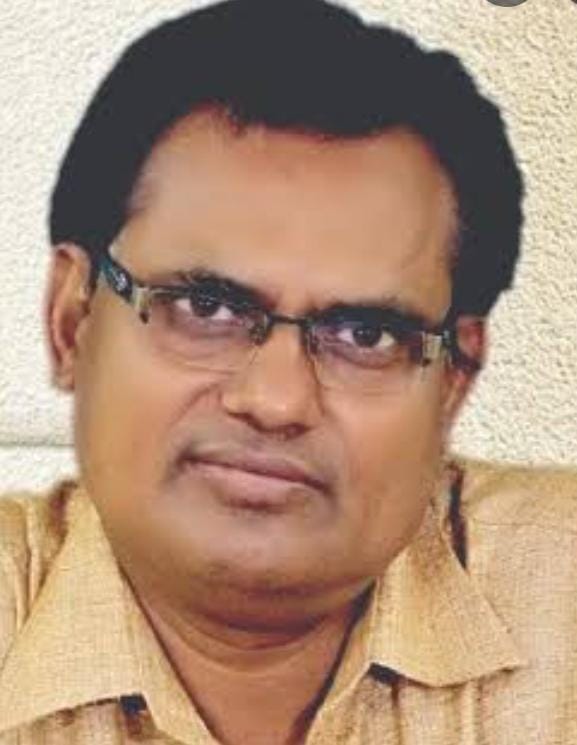 By Vivekanand Jha*
By Vivekanand Jha* Religion caused the fall of the Roman Empire
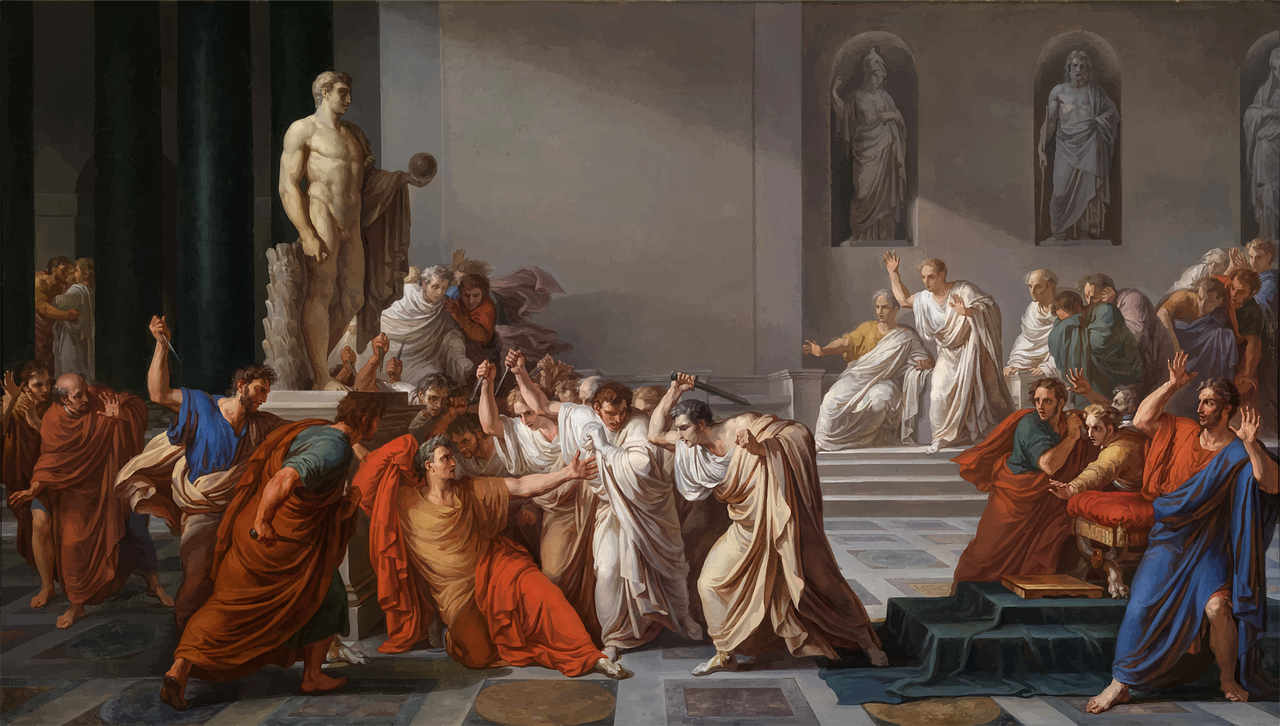
Speaking on the occasion of a debate for seeking the Vote of Confidence during his thirteen days’ tenure, the then prime minister (late) Atal Behari Vajpayee had unfolded the vision for his party before the nation: “We are also not in favour of theocracy.” Significantly, Vajpayee was trying to dispel the notion that the Bharatiya Janata Party (BJP) was going to be the conduit for taking India back to the days of obscurantism when the feudalistic mindset would re-define India’s raison d’etre.
Incidentally, barely into the fag end of the second decade ever since Vajpayee relinquished his premiership, nothing moves in India other than vacuous, incendiary slogans which purportedly hurtles India back to its mediaeval days.
India today is passing through the feast of frenzy all around, where religious fanaticism has taken a stranglehold over our psychological space. Willy nilly we have begun to think exclusively from the religious prism, thereby giving the political parties some sort of licence to manipulate our sentiments to be in power. Gone is the criterion of economic performance; gone is the absolute relevance of ‘ Roti, Kapda aur Makan‘, in this ongoing frenzy of chanting ‘Jai Shri Ram’ or ‘Allah hu Akbar.
Regrettably, the political parties with their predictable vote-bank politics apart, even the intellectuals today thrive by playing the religious and caste card. What else could explain the Vice Chancellor of JNU, Shantishree Dhulipdi Pandit, seeking to straitjacket the gods under the caste definition: “There is no Brahmin god; in fact, gods are mostly Chhatriyas, barring Lord Shiva who appears to be from Scheduled Caste because He sits with a snake wrapped around Him in a cave.”
Astonishingly, the vice-chancellor who was speaking about the eradication of caste in India ironically ended up classifying gods under the caste conundrum! Worse still, despite the Brahminical social hierarchy having lost much of its importance in contemporary times, the Brahminical mindset, ruefully though, continues to rule the roost, is the symbolic equivalent of the cancerous attitude that the Vice Chancellor of the Jawaharlal Nehru University is seeking to uphold, for dubbing lord Shiva as ‘ a scheduled caste’, tantamounts to a condescending attitude for those who purportedly are relegated to the bottom of hierarchical caste syndrome. Ironically, the Vice Chancellor who is presiding over the institute of excellence is preoccupied with a mindset, which is the vindication of the grave symptom which has engulfed the nation today in its octopus-like grip.
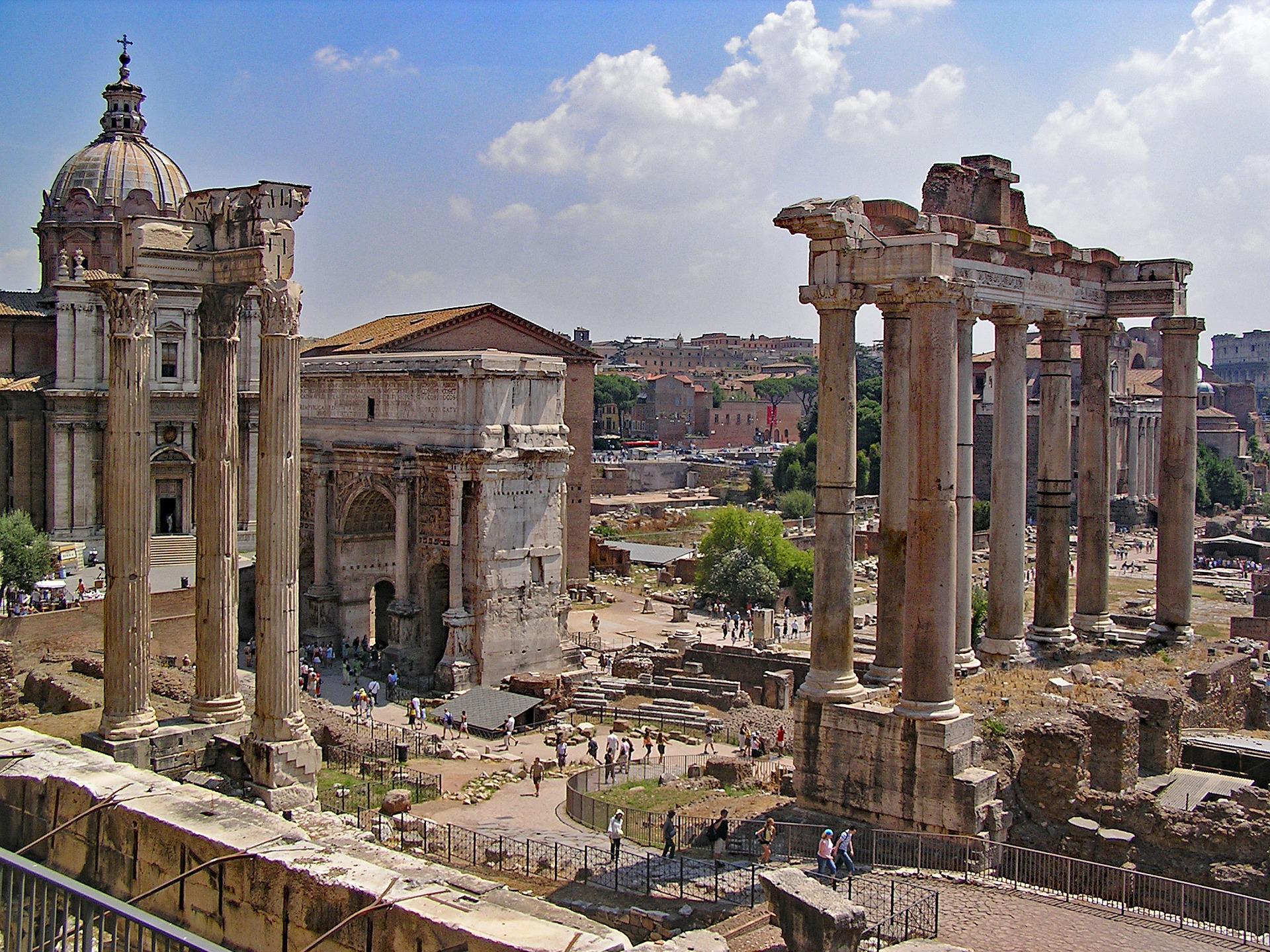
Unequivocally, the Roman Empire, once the cynosure of the whole world, the most powerful empire of that time, started degenerating because religion was mixed with politics which began reflecting adversely on the health of the empire. The polarization around religion today is symptomatic of grievous ills which bedevil us today. It will lead to a greater catastrophe tomorrow.
No wonder, keeping this solitary factor in mind, our Constitution makers had envisaged a modern democratic structure for the nation where all the citizens can live in fraternal bonding. Unfortunately, that very objective appears to be defeated with the ongoing religious frenzy which engulfs us in its octopus-like grip.
Thus the great stanzas of Rabindranath Tagore’s Gitanjali, ‘Where the world is not broken by the narrow domestic walls, where the knowledge is free! where the word comes from the depth of truth, into that heaven of freedom, my father, let my country awake!’.
Against the backdrop of reaching Tagore’s vision of India, we have to cease religious frenzy by way of the first step, but the moot question is, ‘ Are we prepared for the same?’
*Vivekanand Jha is an author, academician and public intellectual. The views expressed are personal.





